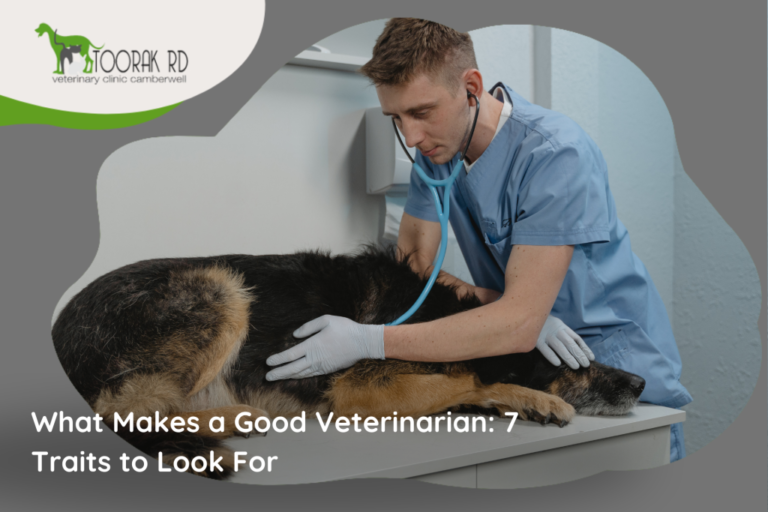When it comes to animal health, clear communication can make all the difference. Whether you’re a veterinary clinic, pharmaceutical company, or pet care brand, working with the right veterinary translation company ensures your message reaches clients and partners accurately, no matter the language.
Let’s break down what makes a veterinary translation partner truly stand out, and how choosing the right one can help your business grow globally, faster and more confidently.
1. Deep Veterinary Expertise
Translation for the veterinary field isn’t just about swapping words. It’s about understanding medical terminology, regulatory requirements, and the emotional context of animal care.
A great veterinary translation company has linguists who specialize in animal health. These translators know the difference between a feline leukaemia vaccine and a canine parvovirus treatment. That knowledge ensures documents like product leaflets, clinical studies, or veterinary instructions are not only linguistically correct but medically accurate.
Real-world example:
A pet nutrition brand based in California expanded into South Korea. Their brochures were translated by a general agency. The result? Confusing ingredient names and improper dosage descriptions. After switching to a specialized language services provider with veterinary translators, their customer support queries dropped by 40%, and product sales improved in the new market.
2. Regulatory Compliance Knowledge
Veterinary products and services often fall under strict national or international regulations. Whether you’re translating product packaging, clinical trial data, or import/export documentation, the translator must understand compliance standards.
A qualified veterinary translation company is familiar with guidelines from bodies like:
- The U.S. Food and Drug Administration (FDA)
- European Medicines Agency (EMA)
- World Organisation for Animal Health (WOAH)
Case study:
A biotech firm in Texas developing vaccines for livestock needed multilingual labeling to comply with both USDA and EU regulations. By working with a certified language services provider experienced in veterinary compliance, they avoided costly delays during the approval process and entered the EU market on schedule.
3. Cultural and Linguistic Accuracy
Literal translations can lead to confusion—or worse, dangerous outcomes—if the content is culturally off-mark. A trusted veterinary translation company goes beyond language. They localize your message to make sure it resonates with pet owners, farmers, and veterinary professionals across different regions.
Example:
An American pet wellness company launched a digital campaign in Brazil. Their slogan, “Pawsitively Healthy,” was translated word-for-word by a non-specialist agency. Unfortunately, it lost all charm and sounded robotic in Portuguese. They reworked it with a language services provider that localized the message to a culturally relevant phrase, increasing engagement by over 60%.
4. Terminology Consistency
Veterinary translation demands precision and consistency—especially when dealing with long-term projects or regulatory documents.
Look for a translation company that uses:
- Translation memory tools to store and reuse approved terms
- Glossaries and style guides tailored to your brand and products
These tools reduce errors and speed up delivery times.
Client story:
A veterinary diagnostics brand in New York worked with three different translators over two years. Inconsistent use of terms like “pathogen” and “agent” caused confusion during product launches in Europe. When they switched to a centralized veterinary translation company that managed glossaries and style guides, they saved 25% in revision costs and improved internal efficiency.
5. Fast Turnaround Without Sacrificing Quality
Veterinary emergencies, product recalls, and global launches can’t wait. A reliable language services provider can scale their team to meet tight deadlines without compromising accuracy.
Top agencies offer:
- 24/7 support
- Multiple time-zone coverage
- Agile project management
Example:
During a pet food recall, a U.S. company needed urgent translations of press releases, packaging labels, and customer instructions into Spanish, French, and Mandarin. A top-tier veterinary translation company delivered all content within 36 hours—saving the brand from a PR disaster.
6. Certified and Secure Processes
When dealing with medical data or product information, confidentiality is a must. A professional language services provider should follow secure protocols and have ISO certifications like:
- ISO 17100 (translation services)
- ISO 9001 (quality management)
- ISO 27001 (data security)
They should also offer non-disclosure agreements (NDAs) and secure file transfer methods to protect sensitive content.
Why it matters:
A veterinary research lab in Florida faced a data leak when their freelance translator uploaded confidential files to an unsecured cloud server. After partnering with a certified agency, all content was protected via encrypted transfers and role-based access.
7. Multichannel Capability
Today’s veterinary content doesn’t live in just one format. From mobile apps and online booking platforms to printed brochures and training videos, a strong veterinary translation company should offer:
- Website localization
- Multimedia and eLearning translation
- Subtitling and voiceover for videos
- App and software localization
Example:
A veterinary telehealth platform in Chicago needed to localize its app into five languages. The project involved UI strings, customer FAQs, and tutorial videos. Their language services provider handled everything under one roof, launching a multilingual platform in just eight weeks.
8. Client-Focused Communication
Beyond the work, how the company communicates with you makes a big difference. The best agencies assign dedicated project managers who:
- Understand your industry
- Offer proactive updates
- Respond quickly
- Handle revisions efficiently
Feedback from clients:
Veterinary startups often feel overwhelmed managing translation timelines. A startup founder from Oregon shared how their project manager at a specialized agency helped streamline their entire content process—from onboarding to post-launch updates—with weekly check-ins and transparent tracking.
Final Thoughts
Finding the right veterinary translation company isn’t just about language. It’s about trust, expertise, and results. Whether you’re launching a new product, expanding into global markets, or improving customer experience, the right language services provider becomes a long-term partner in your growth.

